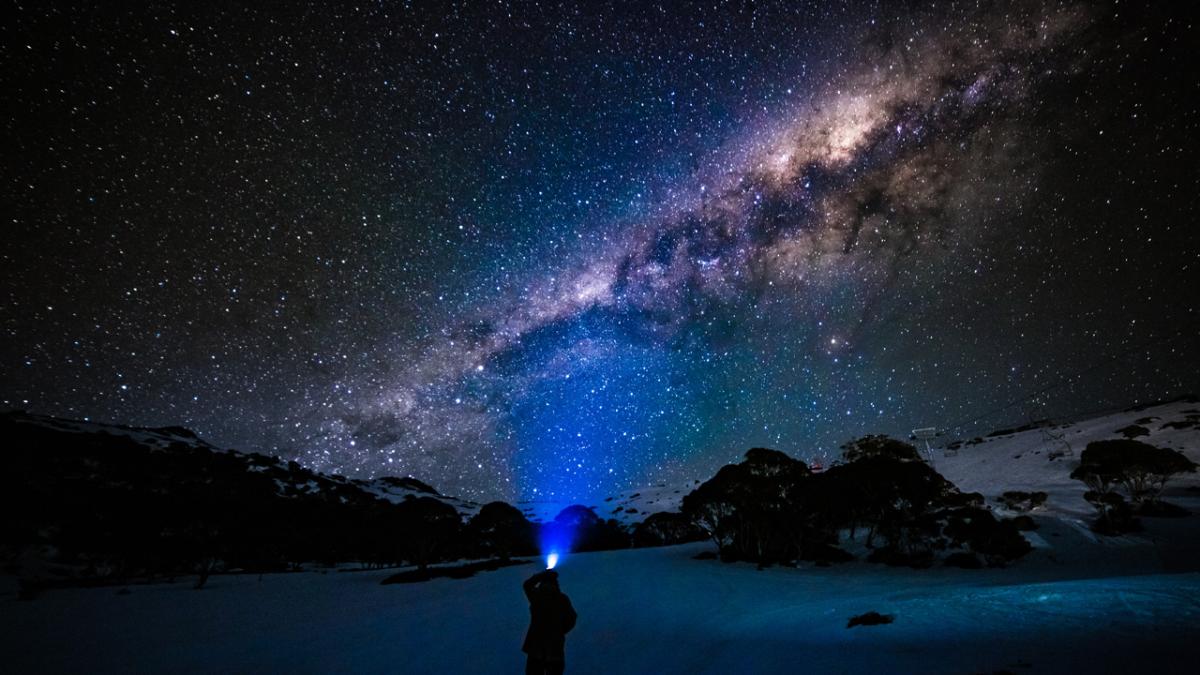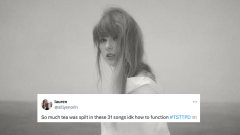
It’s time to manifest a clear night’s sky because Australia is getting front row seats to not one, not two but three meteor showers this week. The new moon coinciding with the trio meteor groups — the Piscis Austrnids, the Southern Delta Aquariids and the Alpha Capricornids — has created possibly the most perfect viewing conditions for the space show.
Per The Guardian, the meteor showers are expected to kick off their strongest showing with the Piscis Austrinids peaking on Thursday night. The Southern Delta Aquariids and the Alpha Capricornids are set to hit their peaks on July 30 and give everyone a good late-night show on the weekend.
Macquarie University’s Professor Orsola De Marco told The Guardian that the Southern Delta Aquaniids are likely going to be the biggest show-offs with the most meteors zooming across the sky.
It’s expected it’ll yeet 20 meteors across the sky at it’s peak while the Piscis Austranids will have five per hour and the Alpha Capricornids will have four per hour.
So tonight’s peak shower will be more of a support act to the big dazzling set on Saturday night.
When Will The Meteor Showers Begin?
The Piscis Austrinids will peak on Thursday night (July 28) and will kick off around 8pm east coast time. They’ll likely be at their best around 11pm and you’ll be able to spot them towards the east about 45 degrees up from the horizon.
Saturday night (July 30) is when we’ll get the Southern Delta Aquariids and Alpha Capricornids popping off like there’s no tomorrow.
11pm is the time to get outside and pray for clear skies because both showers will be in full flight around then. The Southern Deltas will be to the east-northeast about 45 degrees above the horizon, while the Alpha Capricornids will be a little higher in the sky and about as bright as Venus is at dusk and dawn.
But that’s not the end of the show — if you miss out on the showers this week there will be another one coming in August.
Dr De Marco told The Guardian that the Perseids will be peaking in mid-August and will light up the night’s sky with up to 100 meteors an hour.
“You’re going to see [meteors] going upwards from the north horizon,” she said.
“They’re going to look like they are rising as opposed to falling.”
That meteor shower will be one for the early risers — or those wandering home from a Friday night hoon — because the best viewing time is set to be 5am on August 13.







